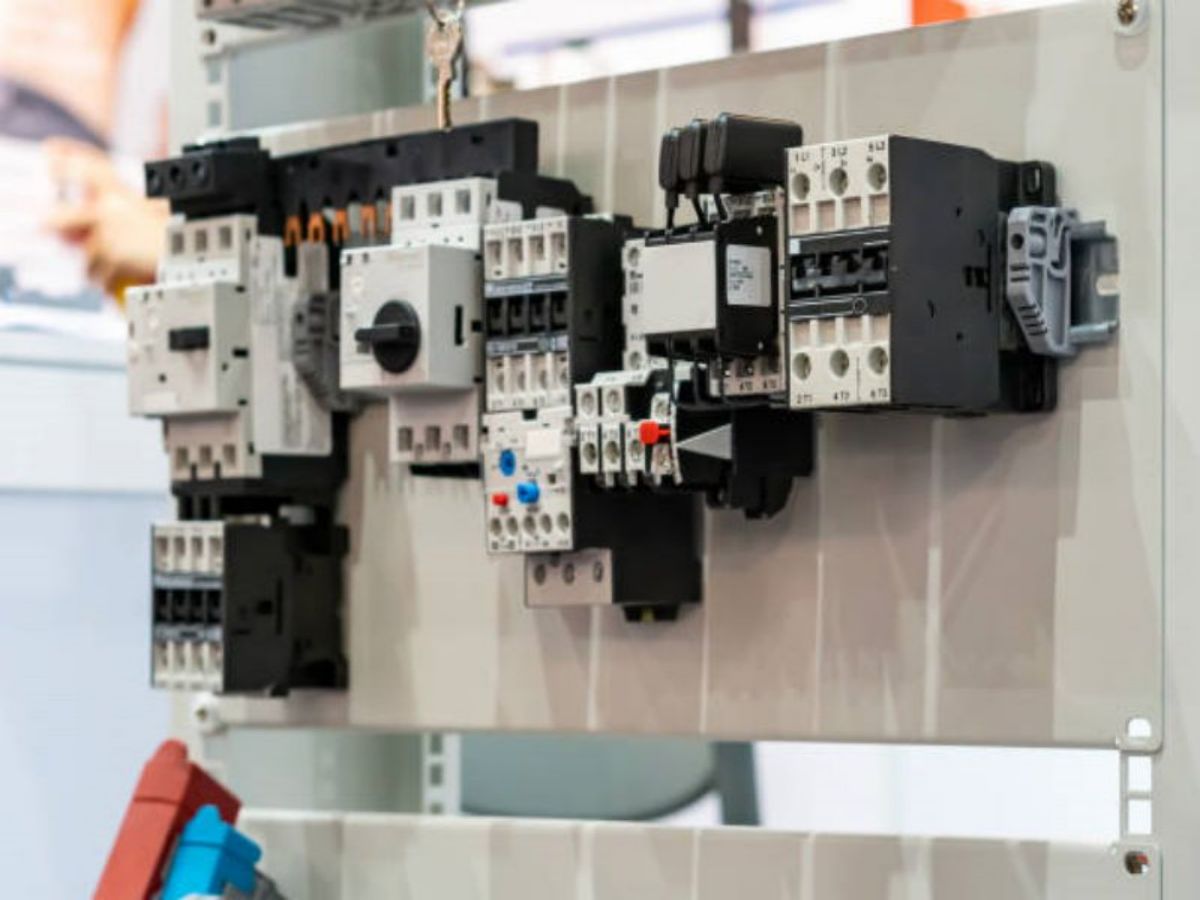Table of Contents

The Versatility and Importance of contactor switches in Electrical Systems
Contactor switches are vital components in electrical systems, playing a crucial role in managing the flow of electricity. These switches are essential for controlling motors, lighting systems, heating elements, and various other electrical devices. In this article, we will explore the different aspects of contactor switches, including their functionality, types, applications, and benefits.
Functionality of Contactor Switches
Contactors are electrically controlled switches designed to handle high current loads. They are typically used to control the operation of electric motors, ensuring smooth and reliable performance. When an electrical current flows through a contactor switch, it generates a magnetic field that attracts the contacts and establishes a connection between the power source and the load. This allows the current to flow and power the connected device.
Types of Contactor Switches
Contactors come in various types, each designed for specific applications. The most common types include:
1. AC Contactor Switches
AC contactor switches are specifically designed for alternating current applications. They are available in a wide range of sizes and configurations to accommodate different voltage and current requirements. These contactors are widely used in HVAC systems, industrial machinery, and power distribution systems.
2. DC Contactor Switches
DC contactor switches, as the name suggests, are designed for direct current applications. They are commonly used in electric vehicles, battery charging systems, and renewable energy installations. DC contactors are built to handle high voltage and current levels, ensuring efficient and safe operation.
3. Reversing Contactor Switches
Reversing contactor switches, also known as forward-reverse contactors, are used in applications where the direction of motor rotation needs to be changed. These contactors feature multiple sets of contacts, allowing the motor to be easily switched between forward and reverse modes. They are commonly found in industrial machinery, cranes, and conveyor systems.
Applications of Contactor Switches
Contactors have a wide range of applications across various industries. Some common uses include:
1. Motor Control
Contactors are extensively used in motor control applications. They ensure the smooth start, stop, and direction control of electric motors, facilitating the operation of machinery and equipment in industries such as manufacturing, mining, and transportation.
2. Lighting Systems
Contactors are employed in lighting control systems, enabling the efficient switching of lighting circuits. They are particularly useful in large commercial buildings, stadiums, and outdoor lighting setups, where multiple lights need to be controlled simultaneously.
3. Heating and Cooling Systems
Contactor switches play a vital role in controlling the operation of heating and cooling systems, such as air conditioners, heat pumps, and furnaces. They ensure the proper activation and deactivation of these systems, maintaining comfortable indoor environments.
4. Power Distribution
Contactors are integral components of power distribution systems, allowing for the safe and efficient routing of electrical power. They help control the flow of electricity in substations, switchgear, and distribution panels, ensuring reliable power supply to various electrical loads.
Benefits of Contactor Switches
Contactors offer several advantages that make them indispensable in electrical systems. Some key benefits include:
1. Enhanced Safety
Contactors provide a reliable means of isolating electrical circuits, preventing accidental energization or de-energization. They help protect personnel and equipment from electrical hazards, reducing the risk of electrical shocks and fires.
2. Efficient Power Control
Contactors enable efficient control of electrical power, allowing for precise switching and modulation of current flow. This helps optimize energy usage, reduce electrical losses, and improve overall system performance.
3. Extended Equipment Lifespan
By reducing the stress on electrical equipment, contactors help extend their lifespan. They minimize voltage fluctuations, prevent sudden surges or drops in current, and protect against overload conditions, thereby enhancing the reliability and longevity of connected devices.
4. Remote Control and Automation
Advanced contactor switches can be integrated into automated systems, enabling remote control and monitoring. This facilitates intelligent power management, scheduling, and fault detection, enhancing the efficiency and convenience of electrical installations.
Conclusion
Contactors switches are versatile and crucial components in electrical systems, allowing for efficient control of electrical power. They come in various types to suit different applications, including motor control, lighting systems, heating and cooling systems, and power distribution. The benefits of contactors include enhanced safety, efficient power control, extended equipment lifespan, and the ability to integrate with automation systems. Whether used in residential, commercial, or industrial settings, contactor switches play a vital role in ensuring reliable and optimized electrical operation.
